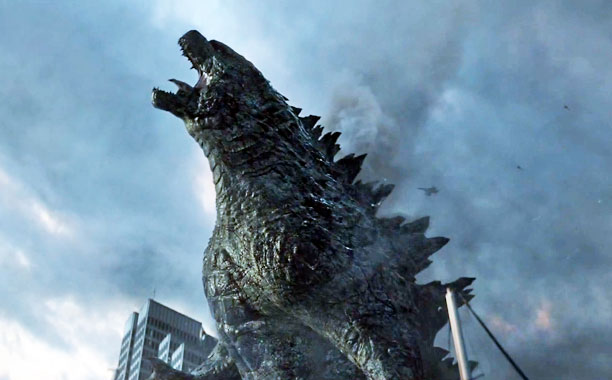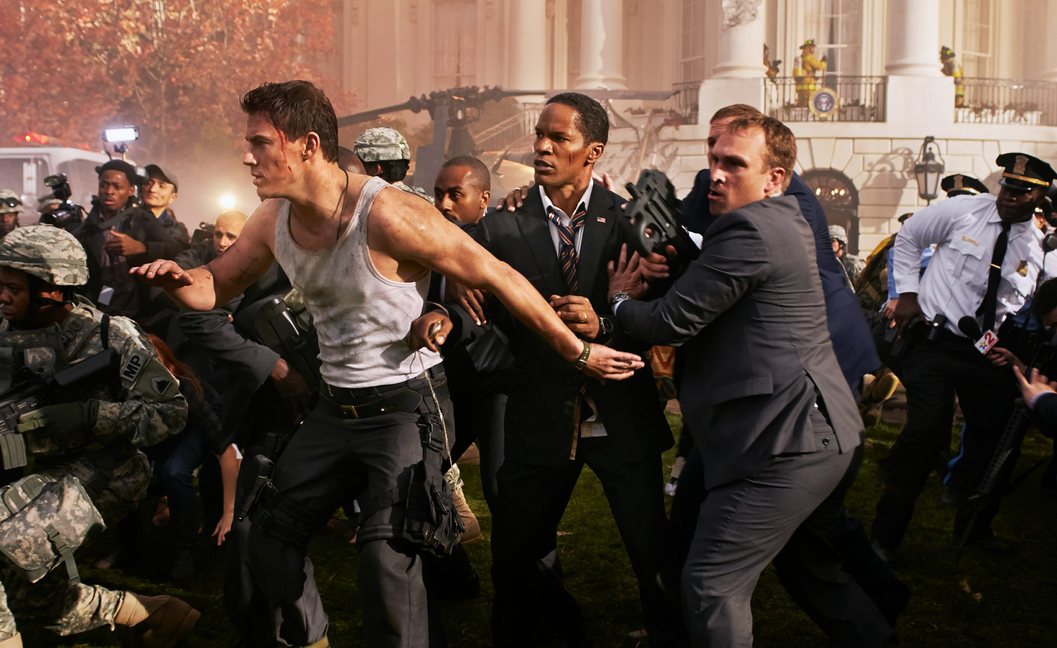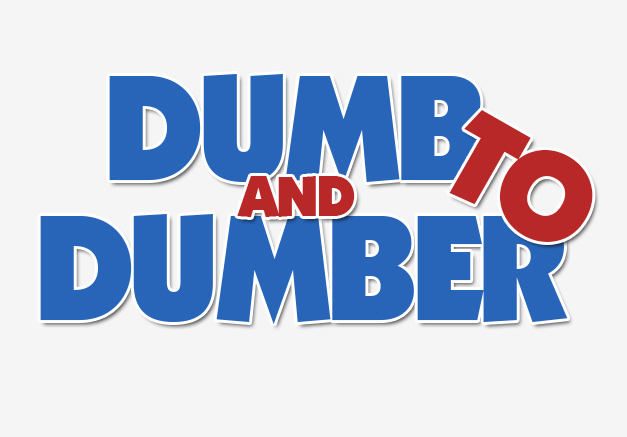My initial reaction upon leaving the theater after seeing Godzilla was, “What an utter disappointment.” However, given some time to reflect upon it, I’ve decided that the movie was really just a disappointment (note the softening of my opinion by decided it wasn’t an utter disappointment). Yes, I was expecting more from this rendition of Godzilla. The trailers raised my expectations to, apparently, unreasonable levels. I was thinking that I was going to finally see what Cloverfield had shown was possible; that a Godzilla movie could be scary, intense, and dramatic. The trailers certainly set that tone, but like a comedy that shows all of its best jokes in the trailers, most of the really intense, scary stuff for Godzilla was shown in the trailers, leaving behind more of the campy, nonsensical, sort of goofy stuff that one usually finds in giant monster movies. In short, something more akin to Pacific Rim. And so, I left the theater feeling disappointed and a little bit deceived. After all, I was sold on one thing, and instead, saw something quite different. Still, the movie was enjoyable, but perhaps it would have been more so had I known what kind of movie it was really going to be.
In order for a movie like Godzilla to really work as something more tense, scary, and dramatic (as opposed to just sort of campy and silly), it needs two very key things; suspension of disbelief and narrative fidelity. All movies need some element of suspension of disbelief, but something like Godzilla much more so than most, if a viewer is to take it a bit more seriously. Something like Pacific Rim never really bothered with suspension of disbelief; it never tried to convince us that something like this could ever happen. It was just good, silly (and awesome) fun to sit back and enjoy. Cloverfield, however, wanted to give a sense of what it would be like if something like that were to really happen, and hence it worked very hard to have a reasonable level of suspension of disbelief, where you as the viewer kind of go along with the whole “what if” scenario. I believe Godzilla was going for the latter more than the former, but there were too many distracting elements for me to really buy into it. There were parts that seemed kind of goofy but were taken far too seriously and other parts that were unintentionally goofy.
This is also where the second element comes into play: narrative fidelity. The events and actions of the unfolding plot have to happen in a logical manner that not only makes sense, but to a certain degree, has an organic element to it in order to help enhance that suspension of disbelief. Now, don’t hear me wrong, all stories have plot holes of some sort. However, the better stories make it so their plot holes aren’t recognized right away. Generally, you don’t think about them until well afterwards and you have given the story some careful thought. However, it’s very distracting when those plot holes and their gaping presence can’t help but be noticed right away and you’re left trying to figure out why or how something happened even while the movie plows ahead. In Godzilla, characters show up and then disappear, make questionable and even silly choices because if they didn’t then such and such wouldn’t happen, there are repeated mentions of a certain character’s skillset which is never actually used (so then why call attention to it in the first place?), and there’s pile upon piles of coincidental happenings that stretches any sort of credability. It always sounds funny when talking about a movie with a giant monster in it and someone says, “You know what didn’t make sense…” However, when people start saying stuff like that about a movie with giant monsters, you know you have problems with suspension of disbelief and narrative fidelity.
However, the film does handle Godzilla himself quite well, even if he isn’t in the movie as much as you might expect, and returns him to his original characterization of being somewhat of anti-hero. He’s not really out to protect humanity, but he’s not really out to destroy it either; he pretty much has his own agenda. To a small degree, something similar could be said of God. I believe it was C.S. Lewis who suggested that he isn’t really a “tame” God, i.e. He’s not going operate according to our agenda. I find that much of my disappointments with God are the result of Him failing to do things according to my expectations, on my timetable, according to my agenda, with my goals and purposes in mind. God’s agenda, quite frankly, isn’t the same as mine, and He really isn’t beholden to conform my agenda. Which isn’t to say that He doesn’t care about us or our wants and needs; He does, quite a bit. However, with Him being God and all, He has a much greater understanding of what we truly need and what we should really want. He knows, quite frankly, what’s truly best for us. He’s not a genie to grant our wishes, not a “break glass in case of emergency” entity that we should only turn to in times of trouble in order to make that trouble disappear, and He doesn’t operate at our beck and call. But He does love us, He does care for us, and He does want what’s best for us. Sending His only son Jesus Christ to live, die, and live again proves just that.
As I sat in the theater watching Godzilla, I kept waiting for it to deliver on the experience it promised in the trailers, but it never did. Looking back on it, it’s not really a terrible movie. In fact, there are parts that I quite liked and some very cool moments. Most of those had something to do with Godzilla fighting the other monsters, and most of those were cool and fun in the same way the fight scenes of giant monsters and robots were cool and fun in Pacific Rim, but that’s not really what I was expecting to see. Still, the monster stuff is fun, and Godzilla is, as he’s always been, pretty cool. However, that doesn’t make up the bulk of the movie. The bulk of the movie is made up of uninteresting characters making nonsensical choices as they share expository dialogue in uninteresting ways. Everyone seems so subdued and one-note, which I suppose is supposed to communicate just how serious it all is, but in the end just seems dull. And so, a movie I was looking forward to ended up being disappointing, but at least it wasn’t an utter disappointment.





